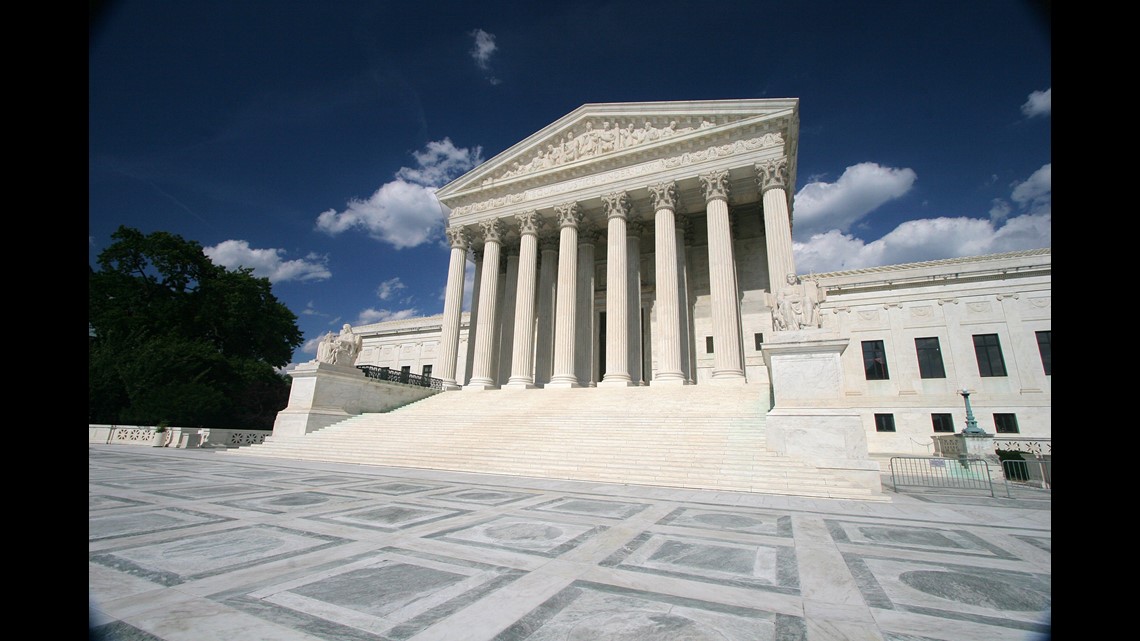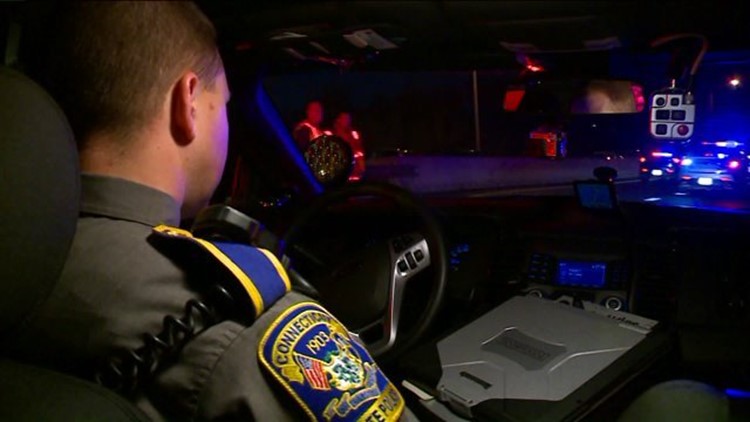HARTFORD— A new U.S. Supreme Court ruling on government workers and union dues is likely to help four Connecticut troopers who say thousands of dollars in union dues wrongly were removed from their paychecks despite their choice to opt out of the state police union, according to their lawyer.
The troopers have sued the Connecticut State Police Union and state officials in federal court in Bridgeport. They say their constitutional rights to free speech and association were violated when state officials took full union dues from their paychecks under the state’s “agency shop” law.
Their lawyer, W. James Young of the National Right to Work Legal Defense Foundation, believes the U.S. Supreme Court ruling will help them win their case and get back the money they say was improperly deducted from their pay, plus interest and possible damages a judge could award. Union dues are about $750 per year per trooper.


The Supreme Court ruled 5-4 on Wednesday that government workers can’t be forced to contribute to labor unions that represent them in collective bargaining, dealing a serious financial blow to organized labor. The justices scrapped a 41-year-old decision that had allowed states to require that public employees pay some fees to unions that represent them, even if the workers choose not to join.
The federal judge in the troopers’ lawsuit case had put the proceedings on hold pending the Supreme Court ruling.
“Public sector forced unionism in the United States is dead,” Young said of the ruling’s effect. “Hopefully we’ll be able to get a refund with interest for all the money seized from them.”
The troopers that are suing the state include Marc Lamberty, who left the union in 2011, and brothers Carson Konow and Collin Konow, and Joseph Mercer, who all resigned their union membership in 2014. Lamberty and Mercer have retired since filing the lawsuit in 2015.
Andrew Matthews, head of the state police union, said he does not comment on pending litigation.
State officials, in court documents, have defended the union dues deductions as allowable by state law.
State Attorney General George Jepsen, whose office is representing state officials in the lawsuit, said he could not comment on how the Supreme Court’s decision will affect pending litigation.
“From a more general and larger policy standpoint, though, it does not seem fair to allow some individuals to enjoy the benefits of union representation without contributing in support of the union,” he said in a statement.
A trial in the lawsuit is scheduled to begin in September.



